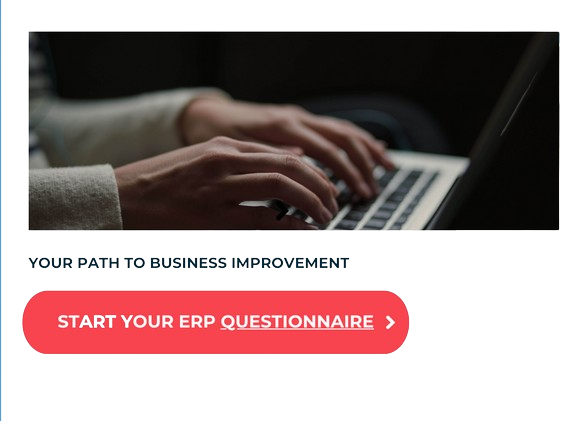Choosing Cloud ERP for your business
In today’s fast-paced and demanding environment, every organization faces a common goal – to stay competitive, innovative and able to grow. Global markets and supply chains are now the norm, along with hybrid and flexible working models. Modern cloud ERP software and services allow all organizations – regardless of size, complexity or budget – to access up-to-date business processes and technologies in order to support their business transformation.
This is why cloud ERP adoption has increased at a fast rate in the last decade.
What is the meaning of Cloud ERP?
Hosted on a provider’s cloud computing platform, cloud ERP is typically delivered “as a service” (software-as-a-service or SaaS ERP). Online or Cloud ERP solutions are accessed via the internet using a browser. These SaaS ERP systems are typically subscription based so you are charged a monthly or annual fee for licenses on a per-user basis, customers do not own the software but lease it. This typically provides a lower upfront cost / total cost of ownership (TCO) alternative when compared with on premise ERP solutions that require additional software and hardware.
Types of ERP Cloud Services and Software
When choosing your business management solution, you may consider private cloud, public cloud, as a hosted solution or hybrid depending on your IT infrastructure. Let’s look at some of the cloud based ERP definitions you will come across during your ERP project.
- Public cloud
Owned and managed by the cloud service provider where organizations share cloud computing services. The customer’s data and applications are inaccessible to others using the same services. Examples of public cloud storage include Microsoft Azure, Amazon Web Services (AWS), Google Cloud Platform, IBM Cloud and Oracle Cloud. Your ERP project team will be asking on which public cloud storage the ERP is based and its assurances, security and SLAs. - Private cloud
Also called an internal or corporate cloud, computing services are offered either over the internet or private internal network and only to select users instead of the general public. This is a good option for increased controls, however private clouds require the same staffing, management, and maintenance expenses as traditional datacenter ownership. - Hybrid ERP
An organization can use a combination of on premise software and private cloud or public cloud for computing, storage and services. Depending on your business needs and structure you can opt for different models of hybrid ERP – either by tier (corporate layer and then by business unit for example) or by specific business functions (mobile access of ERP and CRM for example).
- Multi-tenant SaaS
This is the most typical cloud ERP system in use. A single version of the ERP software and its associated infrastructure serves multiple organizations. However, although each company uses the software, hosted on the same servers, their data is inaccessible to others. - Single-tenant SaaS
Linked to the private cloud explanation above, this is where a single version of the ERP software and its associated infrastructure serves just one organization. Their data is hosted on private servers running one software instance (tenant). Your ERP project team will speak to your shortlisted cloud ERP vendors about the choice of running a private or a shared instance.
Take a more in-depth look at the essential scope of ERP functionality so you know what to include in your ERP software selection criteria and help you make the best decision
Benefits of Cloud ERP systems
- Faster and easier implementation, with better route to ROI as user adoption is faster with more modern UI and intuitive processes to get your business more productive
- With seamless and continuous upgrades of new features that support best practice, businesses using cloud ERP can constantly innovate and give a modern experience to employees, partners and vendors
- 24/7 and remote accessibility plus full mobile access with automatic syncing online and offline with a responsive design to fit mobile screens, fits the way our modern world works
- Affordable, predictable and flexible pricing through SaaS (software as a service) subscription models, with no upfront cost. Shifts your investment from Capex to Opex, look for public cloud offers to benefit from even greater cost savings. The scalability of cloud ERP means that your software grows with your ambitions (add users, features and storage as you go) No need to upskill or hire additional staff for internal resources to implement, maintain and support your ERP
- Public and private clouds are more secure than most on-premise infrastructures (think security, data recovery, automized back-ups etc.) because they are built and managed by leading professional security experts full time
- More flexibility for integration (often out of the box) with business, workplace and collaboration apps to better serve users, supply chain partners and customers
- Because the vendor takes care of application maintenance, upgrades and innovations, data storage, and security; it allows a business to focus more time and energy on growth initiatives and less on day-to-day IT admin management
- The best Cloud ERP systems are in tune with current and emerging concepts and technologies such as Machine Learning, IoT, Big Data and Artificial Intelligence. Often these features are built in and embedded within your functionality; key examples here are analysis and insights that go beyond legacy reporting tools and automation that speed up daily business processes and reduce errors


